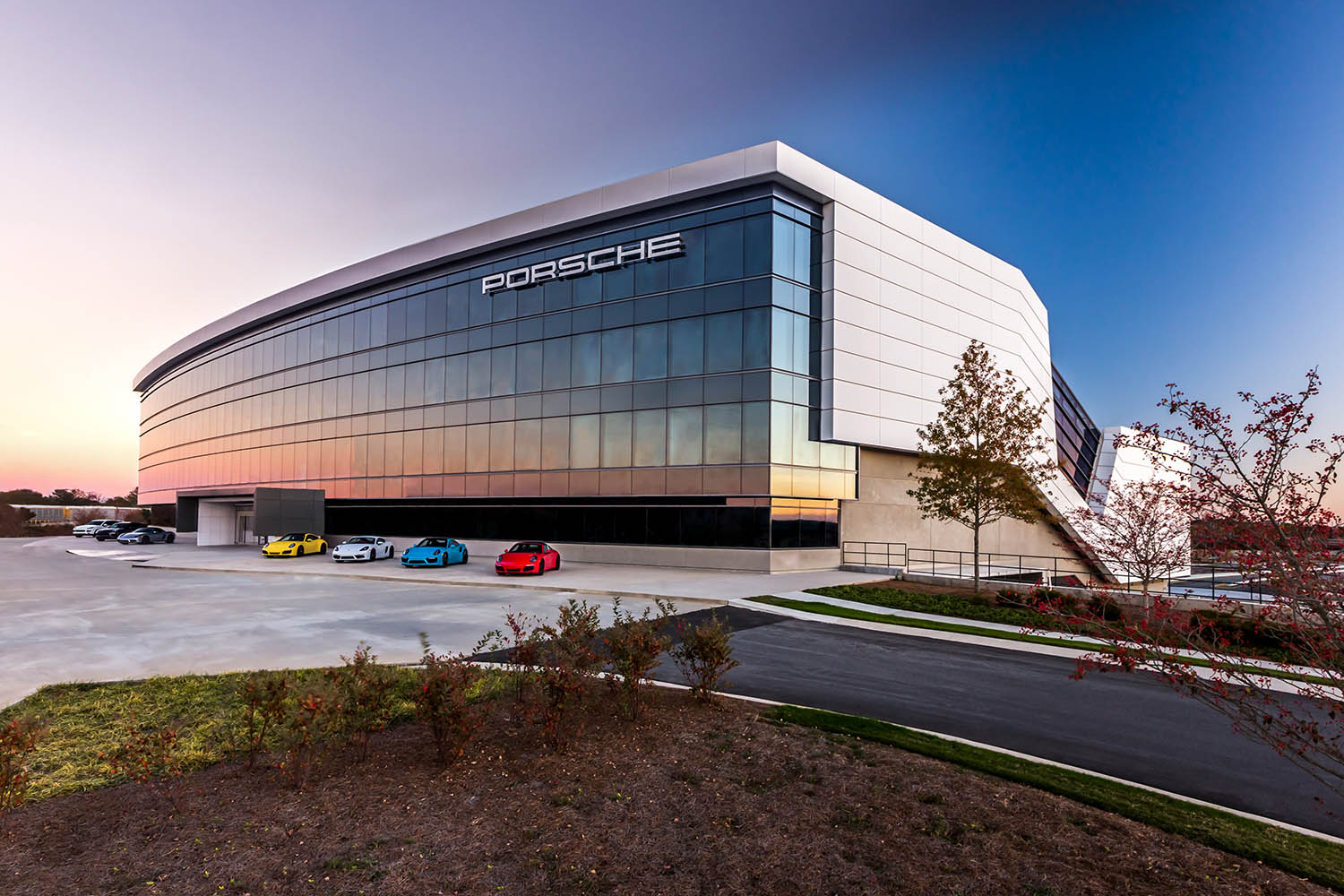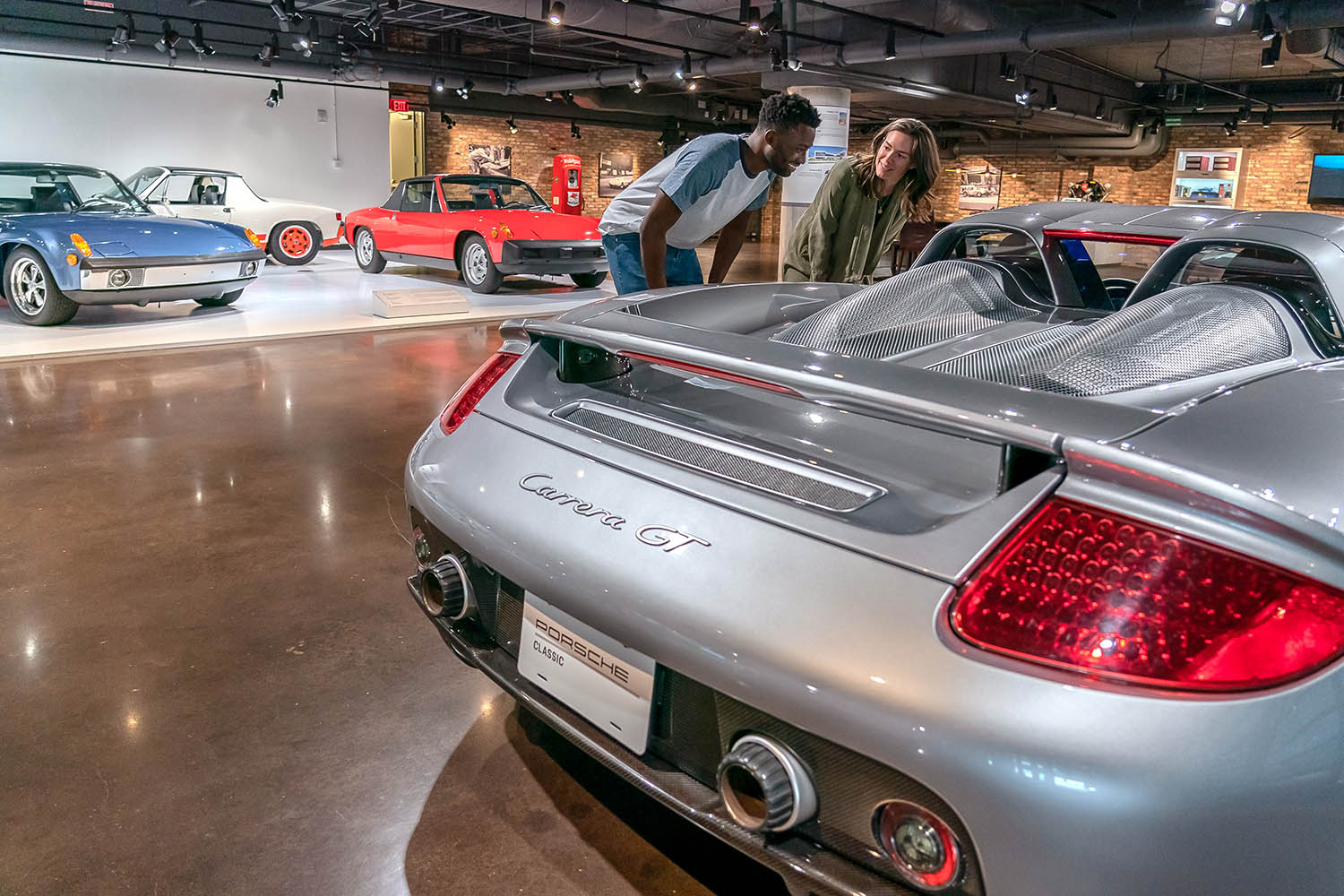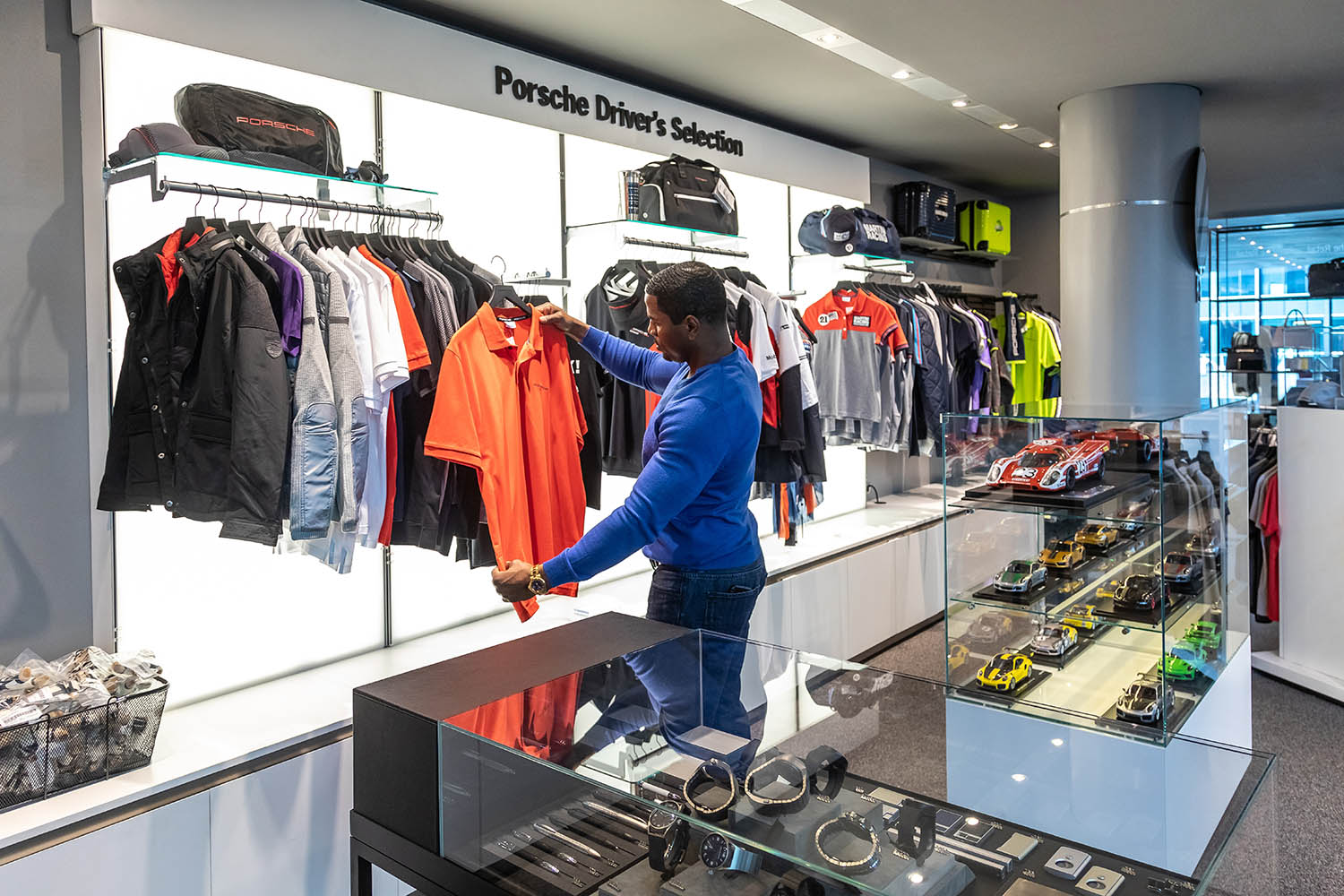How Porsche Has Succeeded With Immersive Branding Where Others Have Failed
Porsche's efforts to make deeper connections with customers have worked.
 Porsche
Porsche
Porsche, an iconic German sports and luxury car company, is one of the most valuable automotive brands in the world, according to U.S. News & World Report. In 2022, the company reported a return on sales of nearly 20% in 2022, far above the 2020 industry average of 7.5%.
The automaker accomplishes these figures in part through the desirability of its vehicle lineup, which includes sports cars, sedans, SUVs, and electric vehicles. Porsches are among the most sought-after vehicles in the marketplace — they've won awards for dependability from U.S. consumer-intelligence company J.D. Power and for automotive excellence from science and technology magazine Popular Mechanics.
But releasing premium cars is only part of what a brand must do to differentiate itself in the luxury-vehicle category, according to Milton Pedraza, founder and CEO of the Luxury Institute, a New York-based research and consulting firm focused on the desires of high-net-worth individuals.
"You've got to have the quality product," Pedraza said of luxury automakers. "But it's table stakes. Sorry, everybody has an electric car. Everybody has high-performance engines. Everybody has luxurious interiors. … Your competitors are also well-funded and very creative and innovative. What differentiates a product besides continuous innovation is the experiences that surround that product and that brand."
 Porsche
Porsche
Making Porsche Memories
Building and sustaining a brand's desirability, Pedraza said, requires imbuing that brand with deeper meaning for owners — and aspiring owners — by immersing them in branded and brand-adjacent encounters that transcend the product itself.
"A lot of it has to do with great venues, great experiences … essentially going from a transaction to joy — something memorable," Pedraza said.
Porsche creates those treasured memories in part through its network of carefully curated Experience Centers, 10 of which will be in operation around the world by next year. The U.S. has two such centers: one in Atlanta, near the company's U.S. headquarters, and one in California, the country's largest luxury-car market.
There, customers can take delivery of their new Porsche vehicles, receive training from driving instructors on the track and through driving simulators, and surround themselves with the Porsche brand. These one-on-one personal encounters can elevate the ownership experience beyond simply buying a car.
"When you go to one of their centers to get delivery of your car, it's a celebration," Pedraza said. "I think they understand that when people buy a great car, it's a huge deal."
Such a deep and personal experience — beyond signing a contract and handing over the keys — can make owners feel special and embed in their minds a treasured reminiscence, Pedraza said. Whenever customers drive their Porsches, the remembered experience can trigger those delightful memories.
"It's going to be a little dopamine in your head that goes, 'Wow, I remember when I got this car!'" Pedraza said.
 Porsche
Porsche
Porsche Partner Placement
Porsche has also established branded partnerships, including its long-standing relationship with the product-design consultancy Porsche Design. A broad selection of Porsche Design products — including sunglasses and watches — is available to consumers at Porsche Experience Centers. Patrons can also buy archival books and objects curated by the Porsche Museum in Stuttgart, Germany, as well as clothing and accessories from the Porsche Lifestyle collection.
Beyond this, Porsche recently teamed up with another immersive brand that has transcended its initial category: Nobu. Although Nobu started as a Japanese restaurant in New York, the company now runs more than a dozen luxury hotels around the world. At the Nobu outpost in Atlanta, guests — including those visiting the Porsche Experience Center — can stay in a Porsche suite with decor and materials inspired by Porsche cars. They also have access to local rides in a Porsche Taycan electric vehicle.
These partnerships give Porsche a presence in places where its customers are or want to be. However, any such brand partnerships and extensions should be done with an eye toward brand compatibility, according to Pedraza.
"You don't necessarily have to go into other categories, but if you're going to, it has to be impeccable," Pedraza said. "If you're going to get into other categories in which you have no expertise, you do that with those who have expertise in those categories."
 Porsche
Porsche
Other Automakers Have Tried and Failed With Brand Experience Centers
Porsche is not the first auto brand to attempt such expansion. Audi, Lexus, and Cadillac tried versions of this in New York, with immersive brand experience centers and partnerships intended to showcase the companies' commitment and connection to the worlds of design, fine dining, art, and fashion. All have since closed.
So why has Porsche succeeded where others have failed? Pedraza speculates that it's because Porsche has invested significantly and creatively in thoughtful and long-term branding — the company has prioritized the customer experience and the way customers feel about the brand.
"[A] lot of companies don't have that mindset," he said. "They're very transactional. They don't think long term. They're not into building relationships with their clients."
Written by humans.
Edited by humans.
 Brett Berk
Brett BerkBrett Berk is a New York City-based writer who covers the intersection of cars and culture: art, architecture, books, fashion, film, politics, television. His writing appears regularly in top-tier automotive and lifestyle publications.
Related articles
View more related articles